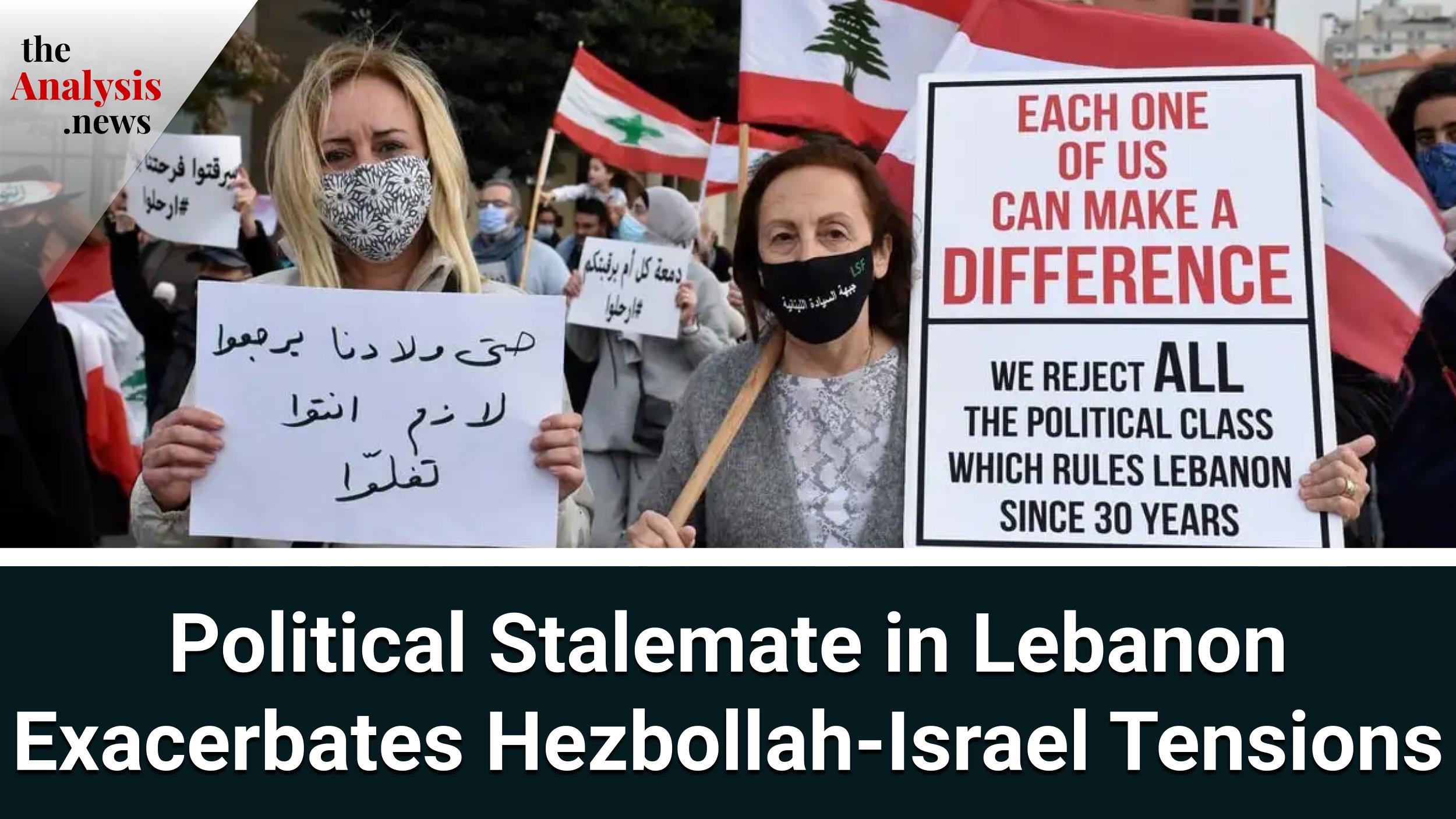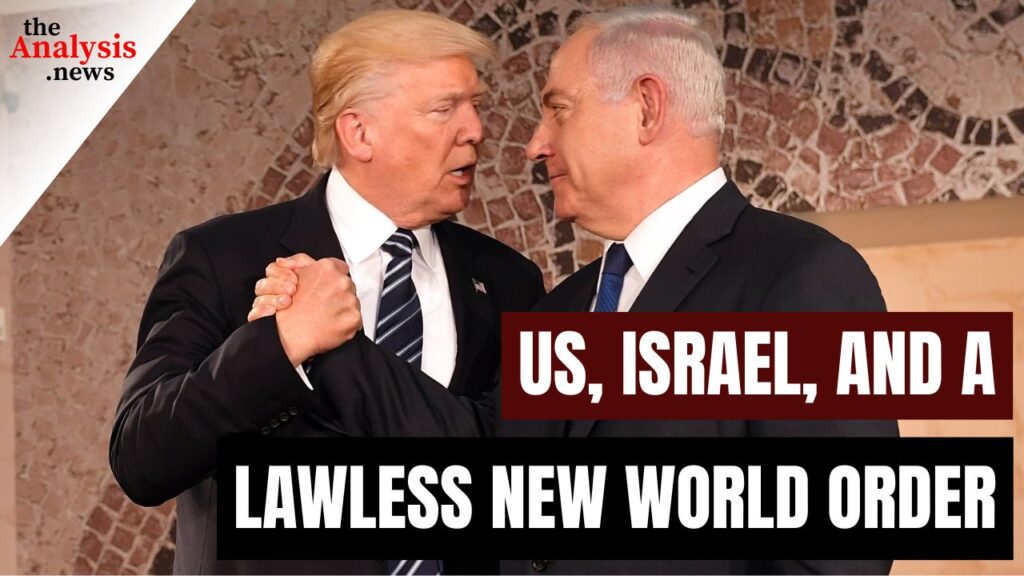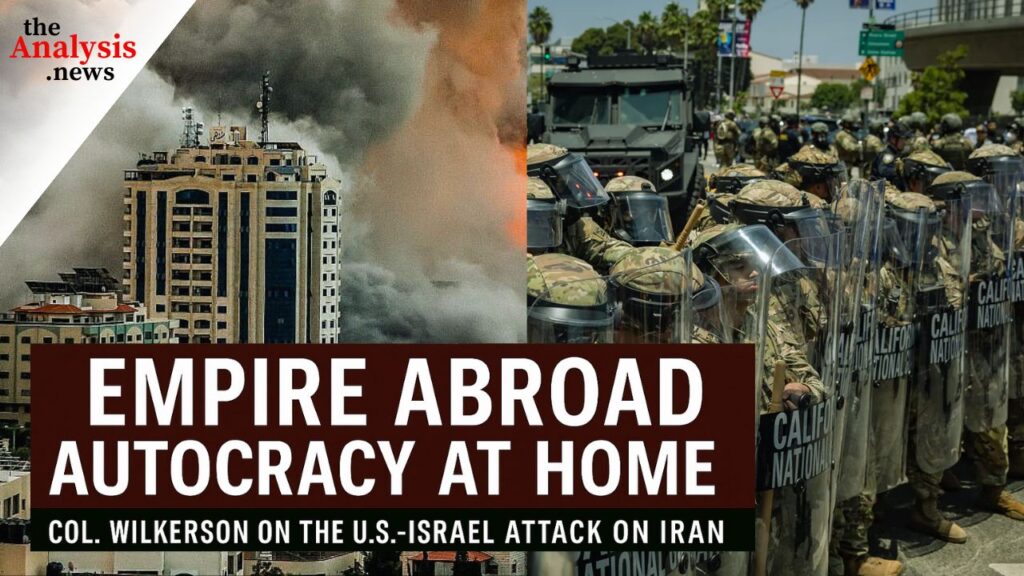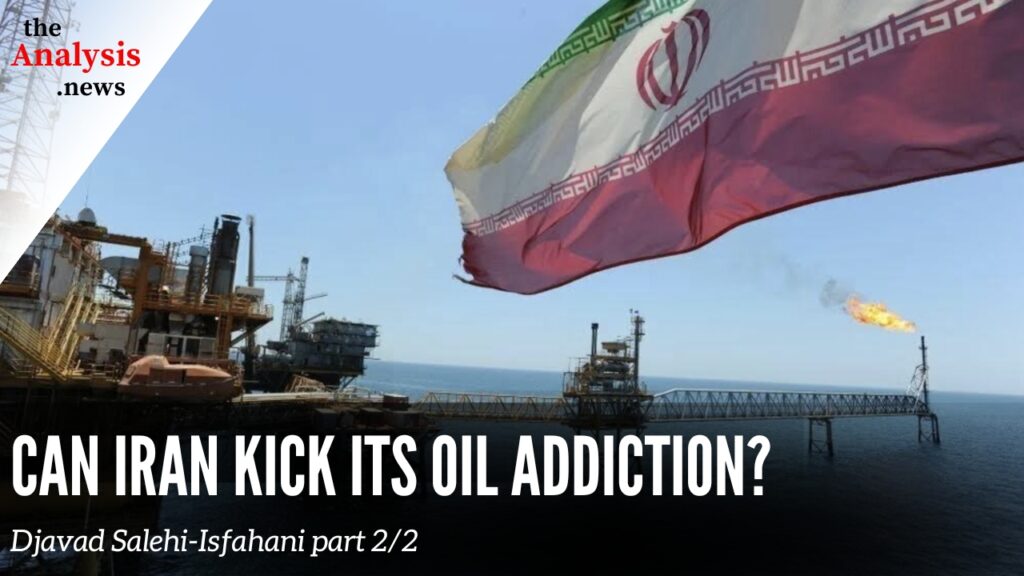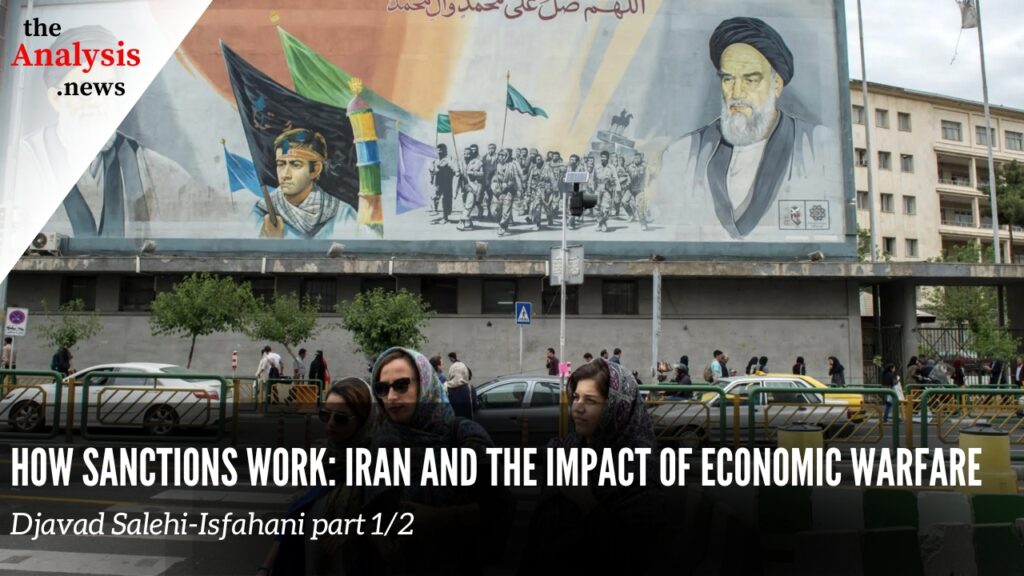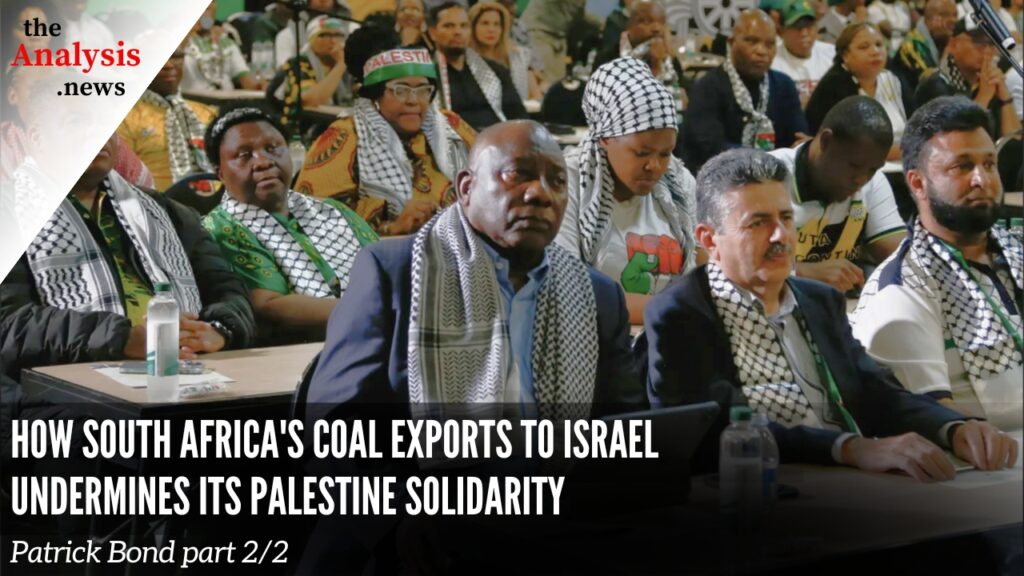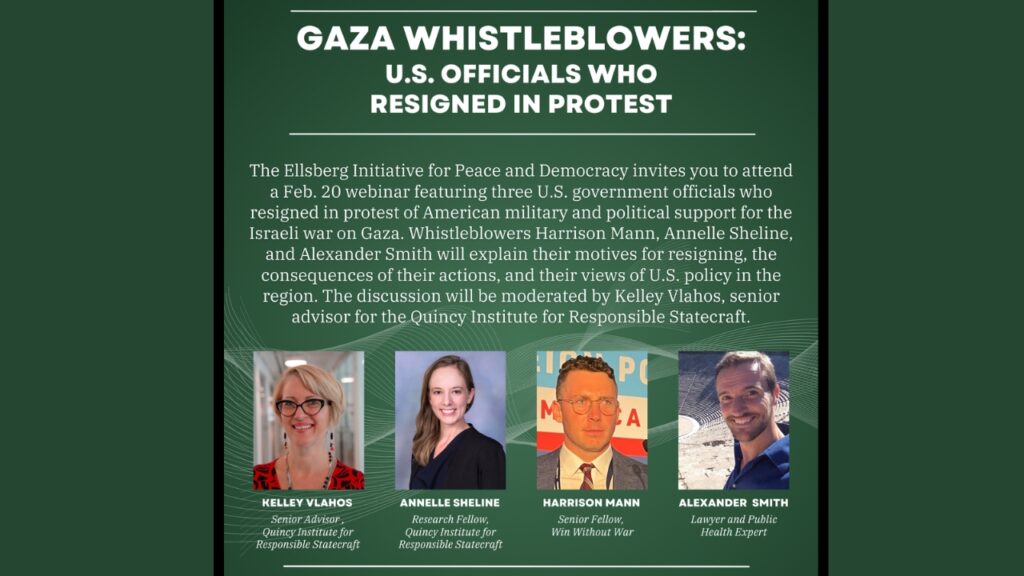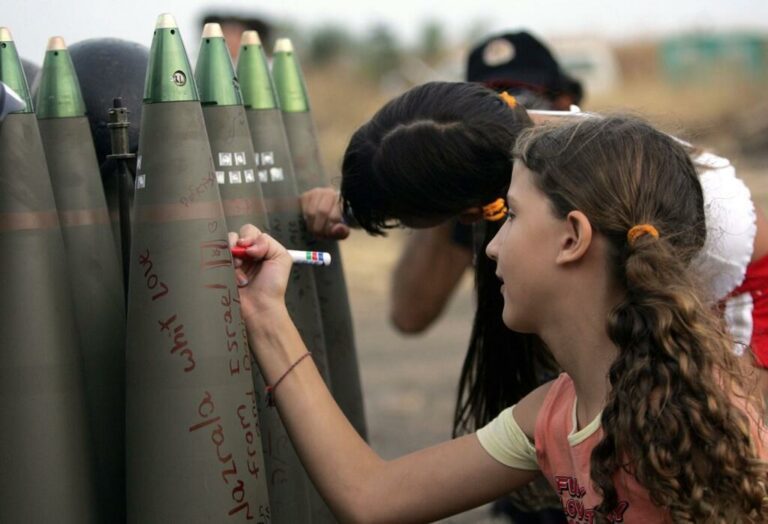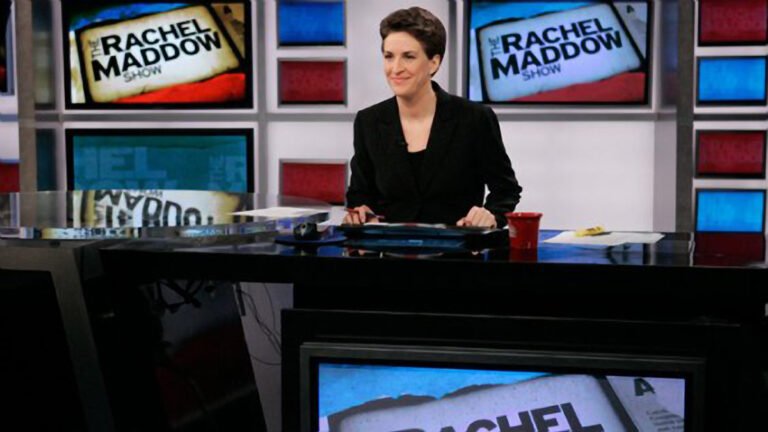Dr. Imad Salamey is an Associate Professor of Political Science and International Affairs at the Lebanese American University in Beirut, and author of several books, including The Communitarian Nation-State Paradox in Lebanon and The Government and Politics of Lebanon. In part 2, Salamey points to issues arising from Lebanon’s sectarian political system, such as the current political stalemate between the three power-sharing groups and how the status quo favors members of the political elite.
Israel’s “Dahiya Doctrine” of Death – Imad Salamey pt 1/2
Talia Baroncelli
Hi, I’m Talia Baroncelli, and you’re watching theAnalysis.news. You’re watching part two of my interview with Professor Imad Salamey on Lebanon, the consociational state, and sectarianism.
If you’d like to help us out and contribute to the show, you can do so by going to our website, theAnalysis.news, and hitting the donate button at the top right corner of the screen. Make sure you get onto our mailing list; that way, you’re always up to date every time there’s a new episode. Like and subscribe to the show on on YouTube, as well as on other podcast streaming services such as Spotify or Apple. See you in a bit with Professor Salamey.
Joining me now to break down the ongoing developments in Lebanon is Professor Imad Salamey. He’s an Associate Professor of Political Science and International Affairs at the Lebanese American University, which is in Beirut. He’s also the author of numerous books, including two books published in 2021 called The Government and Politics of Lebanon and The Communitarian Nation-State Paradox in Lebanon. Thank you so much for joining me today, Professor Salamey.
Imad Salamey
Great. Thank you, Talia.
Talia Baroncelli
Another question on the situation in Lebanon right now for our listeners and viewers who aren’t so familiar with it: there was a 15-year civil war in Lebanon, which began in 1975, and the agreement that put an end to that and set up this sectarian power-sharing agreement was called the Taif Agreement. There’s a sectarian system that is currently in place.
We were speaking right before the interview about how Lebanon has not yet appointed a president. This means that there’s no ability for the government to be formed, essentially, to continue law-making decisions and to have a functioning government. Can you give us a quick brief on what the current situation is in Lebanon and this political stalemate and how that might play into the conflict as well?
Imad Salamey
You know, Lebanon is, like you just mentioned, a consociational system, as we call it. The word comes from consensus, meaning that the political arrangement of the country must have the agreement and the consent of all sectarian groups living there, mostly Muslim Christians. Among these Muslim and Christian confessional groups, there are sub-confessional groups or sectarian groups like Sunni and Shiite among Muslims, and there are Orthodox and Catholic among Christians. They all share power in the government.
A government is typically composed by giving each group of those a quota in power or in government, whether in Parliament or by the cabinet itself. Also, power is divided upon these confessional groups when it comes to key political positions. The president of the country must be a Christian Maronite or Catholic Maronite, while the Prime Minister must be a Muslim Sunni, and the Speaker of the House must be a Muslim Shiite.
Now, coming to terms with electing these key individuals in the government becomes typically a matter of struggle between the different confessional groups. It is difficult to bring a political leader who everybody agrees on.
Since last year, or actually since ’22 now, we haven’t had an agreement over who to elect as the president of the country. What we end up having as a consequence is a vacant position, an important political position in the country, that is, the office of the president. Without a president, you cannot, by our Constitution— you mentioned the Taif Constitution that ended the 1975 to 1989 civil war between mostly Christians and Muslims in Lebanon. These constitutions suggested that without the president, Parliament cannot legislate. The Parliament becomes only an electoral body to the president, so we cannot have laws. Without laws, you cannot run a country in any normal way. Not only that, but the cabinet is considered resigned once the president is no longer in office.
What you have is a power vacuum in a country that has been stretched since October 2022, the time we ended up without a president. This is a situation. We called it a stalemate because none of the confessional groups were able to see any consensus or any paved way for some consensus over presidential elections. Therefore, we don’t have a president.
The reason why we don’t have a consensus is the fact that the country is divided on the question, particularly on the death of Hezbollah and Hezbollah as well, whether Hezbollah should be able to possess weapons and act independently and build up linkages with Iran who is backing the party economically, financially, and militarily. Or should Hezbollah be integrated into the Lebanese political fabric and become subject to the government’s decisions in terms of how to act militarily or otherwise?
There’s a big split in the country over the question of Hezbollah, and this split has been going on since at least 2000 when Israel pulled out from the country. It was occupying South Lebanon. That gave a pretext for Hezbollah to have arms and operate as a resistance force.
Since Israel pulled out in 2000, Lebanon has been divided. Agreeing on a question of the present is crucial to this matter because what you need is a person who can accommodate Hezbollah on the one hand and its opposition on the other hand, which we haven’t been able to find thus far.
Talia Baroncelli
Well, on the face of it, it seems like this power-sharing agreement is equitable because it ensures that all these three groups have some representation within the government so that the Christians, the Sunnis, and the Shiites all have political representation. But because of the stalemate and the different divisions and tensions between them, would you say that rather than serving the will of the people who can vote and the interests of the general civilian population, it actually plays into the interests of certain elite instead?
Imad Salamey
Oh, absolutely. The political arrangement in the country is pretty much manipulated by the sectarian political elite, and they make major decisions on behalf of the population. That’s why Lebanon has been pretty much running into crisis, as these elites are in disagreements and are unable to come to a consensus with one another. Most of their disagreements stem from which person should be elected as a president or prime minister, but behind that is also disagreements of their battles, especially if they’re backed by Iran or if they’re being backed by the West, given tensions now between Iran and the Western countries that is being reflected directly on how these groups deal with one another, particularly the political elite of Lebanon.
This has been a cause of many paralyses in the country and perhaps the collapse of many state institutions because these political elite are unable to agree on anything, basically, not only on who to elect as a president, but they are unable to come up with any political alliance to the government, to the prime minister, who the prime minister should be, what policies to follow in order to help Lebanon recover from its economic crisis that it is living through right now.
The political elites are in this agreement, and behind them are different states and bankers. This is definitely not in the interest of the population as a whole, which wants to live in peace, to work with one another, to find some common denominators and interests that we don’t have, i.e., decent living standards for its members. Definitely now, one can blame the political elites and allegiance to foreign bankers for the current crisis in Lebanon on all levels, whether the problem is economic, political, or even security-wise. We disagree with one another, and people as a whole are being praised for that.
Talia Baroncelli
Well, just a final question to dovetail with your response on the political elite. You were talking about how a lot of these sectarian issues revolve around whether Hezbollah should be more integrated into the political system and how there are a lot of discussions and disagreements around this. If Hezbollah were to be more integrated, would you see a lot of the political elite, especially the ones who have financial ties or a lot of money stuffed away in a Swiss bank somewhere, would you see them potentially leaving the country and seeking residence elsewhere, which might lead to other implosions within the political system in Lebanon?
Imad Salamey
It all depends on overall agreements. If we are to go in to establish a new agreement to devise the Constitution, perhaps, or to have a different power distribution among the different confessional groups to their satisfaction, for instance, our Constitution calls for a bicameral house whereby the Lebanese ought to elect a lower house or a parliament on a non-sectarian basis to represent the national interests of the country, at the same time to elect a Senate, an upper house that represents the sectarian interests of the country, and thus we have some balance between the national interests of the Lebanese population as a whole and those of the sectarian groups being protected, especially because most sectarian groups are minorities. This will create some security for the groups. This is what our institutions call for. But thus far, we haven’t been able to implement this despite 30 years since we ended the civil war and we came up with this constitutional clause.
Now, if we decide to go ahead and implement this, definitely many people will benefit from this, especially the Lebanese population as a whole, because then you will create a space for citizenship, for a civil society, or for a civil state to emerge without differentiating people along the issues of sectorial alliance. But people will perhaps grow in mobility, political and economic, based on their wealth and their qualifications.
Definitely, that will also, if we have the Senate, provide some security and secure space, politically, otherwise for [inaudible 00:13:58]. Now, this may undermine the power of elites. That will bring in a more accountable government that will look over the actions, whether historic or contemporary, of individuals who’ve been acting on their own interests or in the interests of the bankers or pursuing corrupt activities. Definitely, you will see a lot of these individuals with Swiss banks or accounts elsewhere fleeing the country. I don’t think that will necessarily lead to a problem or to a new crisis in the country. On the contrary, I think that would be an entry point to resolving many of the historic tensions existing in this confession or consociational system by bringing in or by building bridges between the different confessions, also making some national interest really invested in government and state.
Now, whether this will bring about a solution to the question of Hezbollah or to state-owned actors, I agree that bringing everybody under the leadership of the government in the state could be a different question because Hezbollah’s armed presence in Lebanon and also the Palestinian armed presence in Lebanon is linked to a wider vision of confrontation whereby the Israeli and Lebanon continue to be in a state of war.
Back then, so many issues leading to the army in Hezbollah that haven’t been resolved. Not only Israel’s continuous incursions into Lebanon’s territory, where the territory would undermine the country’s sovereignty, but also due to the issues of Palestinian refugee’s presence in Lebanon, where Israel has continued to pose that term, and also to the regional-wide conflict between Israel and its wider surrounding, Arab and Muslim in particular. That has given much fuel and pretext for Hezbollah to maintain its military presence and to claim that this is the only way to establish some deterrence against potential Israeli aggression against the country. A means to maintain pressure on Israel to negotiate, in one way or the other, the return of Palestinian refugees to their own country.
We’re dealing with two complex issues, so to speak. One that has to do with the domestic issues of Lebanon and ways for political reform that can lead to some consensus and agreement and bring about a state that is more accountable and transparent. Another issue they have to deal with is the question of confrontations with Israel and how to bring about a just, enduring solution to the Palestinian issue and strengthen Lebanon’s own ability to deter a potential Israeli invasion or military action.
Talia Baroncelli
Well, Professor Salamey, it was a pleasure speaking to you. Let’s hope next time we speak there will be a ceasefire as well as a cessation in hostilities between Israel and Hezbollah and other actors in the region. Let’s hope next time things will be a bit more positive.
Imad Salamey
I’ll keep my fingers crossed and hope that this atrocity will end soon, people can resort back to their normal lives, some peaceful and just solution can be realized, and the rights to the Palestinian people and their ability to live in an independent state.
Talia Baroncelli
Thank you very much, Professor Salamey, and thank you for watching theAnalysis.news. If you enjoyed this content and you’d like to help us continue making this show, you can make a contribution by going to our website, theAnalysis.news, and hitting the donate button at the top right corner of the screen. Thanks so much for watching.
Podcast: Play in new window | Download | Embed
Subscribe Apple Podcasts | Spotify | Android | iHeartRadio | Blubrry | TuneIn | Deezer | RSS
Never miss another story
Subscribe to theAnalysis.news – Newsletter
Imad Salamey is an Associate Professor of Political Science and International Affairs at the Lebanese American University. Salamey is a widely published researcher and scholar.
